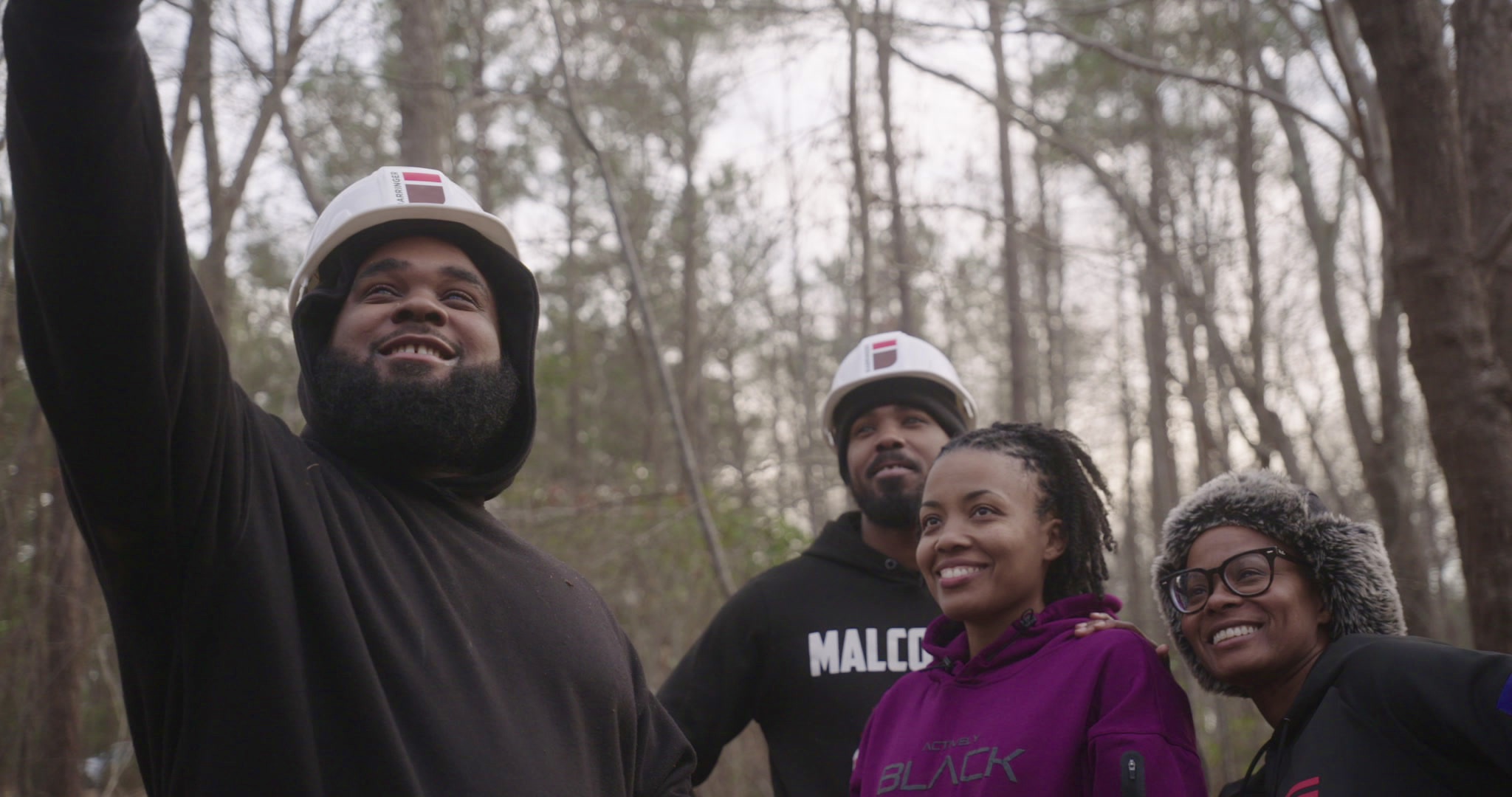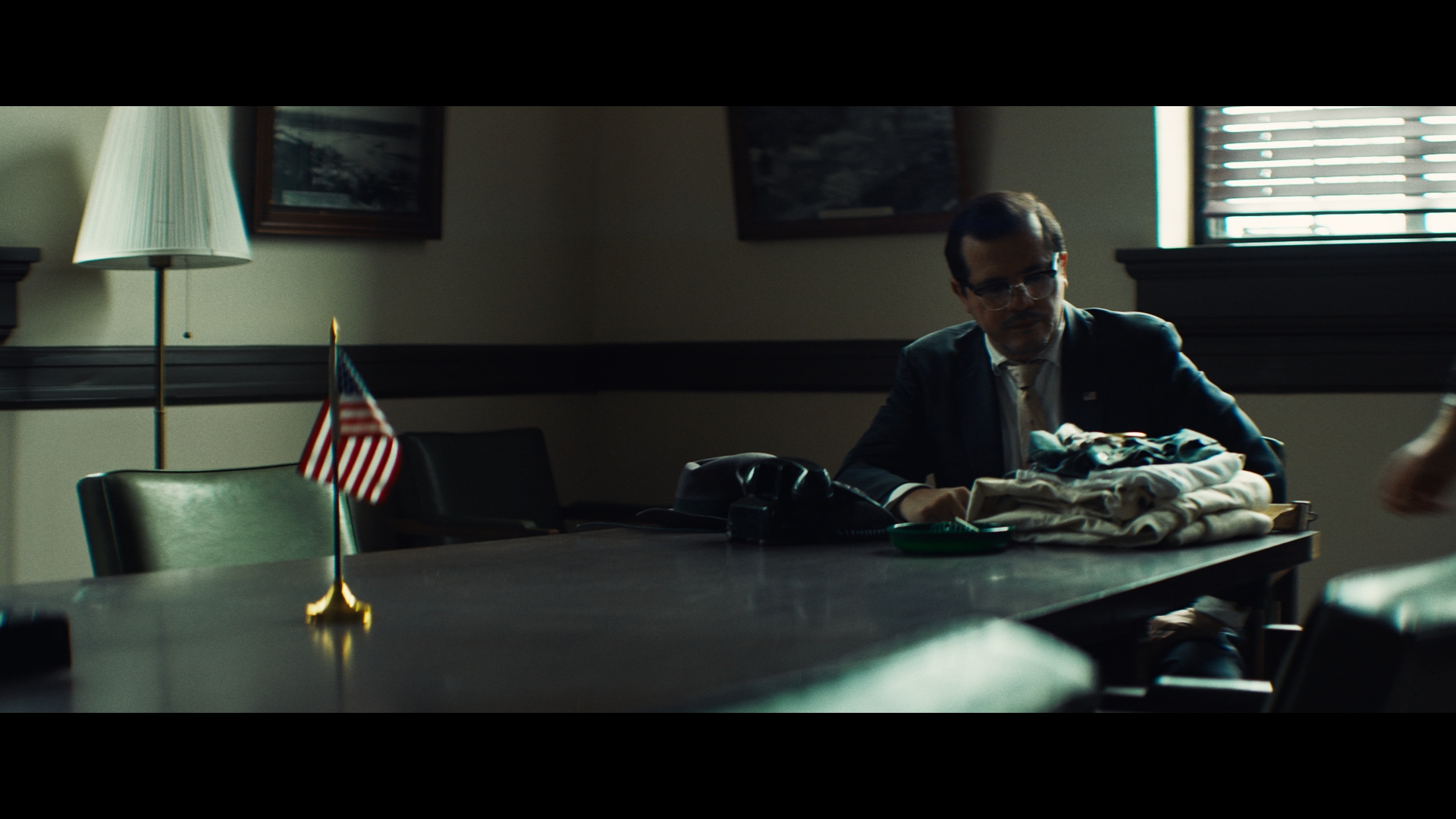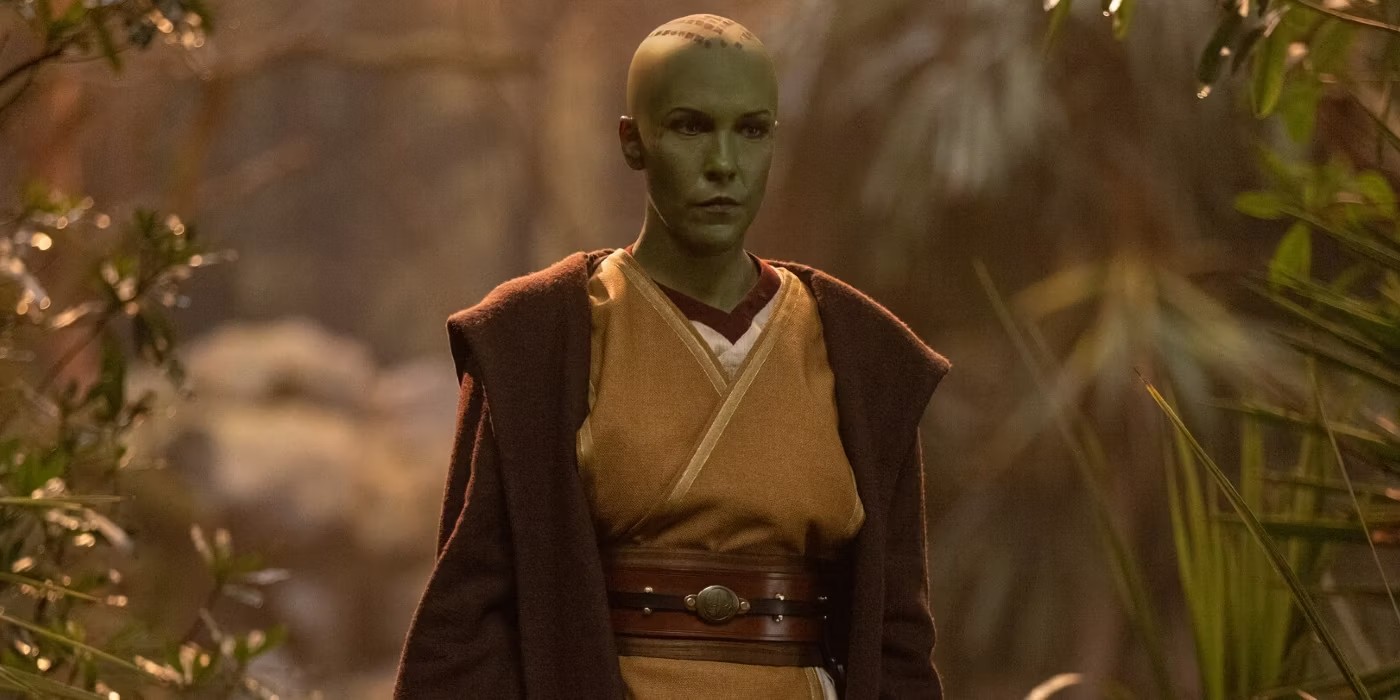
Warner Bros. mission to replicate Marvel’s cinematic universe (MCU) is failing, and the latest executive shakeup at DC Films won’t save it. Justice League‘s struggles at the box office all but erased the strides made by Wonder Woman earlier in the year. Aquaman is the only DC film hitting theaters in 2018 — a full year after Justice League‘s release. And Shazam is about to begin filming, but I’d wager there’s more excitement for Aquaman (that’s some faint praise). Does this feel like a plan to anyone?
Take your best guess where DC is headed in the short-term (and their long-term prospects are almost certainly in-flux). Obviously, this is not what fans want to hear, but it’s where we’re at. Let’s discuss.
Related – Suicide Squad’s Negative Reception Was A Blow To Director David Ayer
First, WB is hoping that some new blood is what’s needed. DC Films just hired a new president, Walter Hamada, a highly-successful executive with a track record for incredibly tight budgets and low-fi filmmaking. If we assume, for the purposes of this discussion, that the future of DC’s Extended Universe (DCEU) is a giant question mark, what can Hamada do to change or reverse course?
Let’s start with a little background. Who is Walter Hamada and what does he bring to the table? According to Deadline, he’s responsible for multiple, recent successes at New Line — The Conjuring franchise and Stephen King’s It — micro-budget productions that made exceptional money at the box office. Given the $300 million production of Justice League (and it’s expected $100 million loss for the studio), frugality and discipline are powerful traits for a WB exec to possess these days.
Should we therefore expect Patty Jenkins’ Wonder Woman 2 or Matt Reeves’ Batman to be mid-budget affairs (like Fox’s Deadpool)? Why not? Stephen King’s It was made for $35 million, a dark, character-focused project with few household names — if Reeves casts an unknown as Batman and leans on practical effects, it’s absolutely conceivable that we could get the gritty Dark Knight detective story we’ve all been dreaming about. Wonder Woman 2 is reportedly set in the 1980s, a low-tech period that could also allow Jenkins to shoot on-the-relative-cheap.

I’m not suggesting Hamada’s going to mandate sub-hundred-million-dollar budgets for all future DC Films, but the solo films could (and probably should) err on the side of the lower production costs. DC’s big team-up movies likely still warrant large budgets, but until DC Films can produce a string of Wonder Woman type successes, maybe Suicide Squad 2 and Justice League 2 should be put on ice for the time being. In other words, Hamada probably isn’t going to sign-off on another $300 million production until DC Films proves it can repeat the kinds of cost-to-revenue successes he enjoyed with It and The Conjuring — that’s just good business sense.
While Hamada has overseen several very successful projects — all as producer or EP — none of these films were in the superhero genre. In addition to It and The Conjuring, Hamada’s films include: Annabelle: Creation, Lights Out, Into the Storm, The Gallows. Spotting a trend? All are extremely low-budget horror films with (mostly) no-name stars; however, Hamada is responsible for the big-budget flop 47 Ronin, which was made for $175 million in 2013. Fortunately, WB held onto Geoff Johns, a subject-matter expert who came up as a DC Comics writer. So while superheroes aren’t necessarily Hamada’s expertise, he’s got that in spades with Johns. But it does beg the question: what kind of films will Hamada greenlight and what will their budgets be?
Speaking of the DC slate, the announced list of upcoming DC films still includes: Nightwing, Black Adam, Lobo, Metal Men, Green Lantern Corps — try to find five people who know anything about these characters (although some will remember that the previous Suicide Squad and Green Lantern movies were terrible). Sure, a single movie can totally realign expectations, as Wonder Woman did last summer, but so too can a single film shatter expectations (see: Justice League). Here’s the thing, Wonder Woman was well-entrenched within American pop culture, thanks largely to the 1970s Lynda Carter TV series. The rest of the announced DC slate, not so much.
Additionally, what is DC Films identity and who’s their anchor? Aquaman and Shazam aren’t going to save DC’s bacon. (Does anyone think otherwise?) It wasn’t that long ago that Aquaman was a punchline, although Jason Mamoa does bring something fresh and exciting to the role. What about his other Justice League teammates? Ben Affleck has one foot out the door (it’s more and more dubious that he’ll appear in Reeve’s Batman movie); Henry Cavill is only signed for one more go as the Man of Steel; Ezra Miller’s Flash was a bright spot in Justice League, but his solo movie is in total limbo; Ray Fisher’s Cyborg is due for a solo outing too, but try to find five people who are excited about this character (you’ll have five more than me). Wonder Woman is clearly where DC is focusing, and she’s a fine anchor for the studio to build around.

Finally, this brings us back to the DCEU as a whole and whether there’s merit, need, or desire for a connected universe going forward. Let’s be honest, fans simply want good superhero movies with characters that look, sound, and act like their comic book counterparts. Does it matter if these films are linked? Also, Deadpool and Logan proved that “what if” or “elseworld” tales enable filmmakers to tell awesome stories, rather than pound the next link into the DCEU chain. Stop getting over your skies with trilogies, franchises, universes; instead, make Wonder Woman 2 and Batman the best possible films they can be, independent of anything else, and only then plan the next one or two movies.
Hopefully, Hamada has his ear to the ground and elects to wipe the DCEU whiteboard clean. Marvel has proven that successfully shared universes are the exception, not the rule. (Ask Universal about the state of their “Dark Universe.”) The best thing that Hamada can do is drop the DCEU entirely and focus on Wonder Woman 2 and Batman, and I guess Shazam too, since this is clearly happening. Thereafter, just make one movie at a time, independent of any other film or shared connections, and only consider a bigger (and more costly) team film like Suicide Squad 2 or Justice League 2 when you’ve got a truly killer script that demands to be made, not because there’s a gaping hole in the calendar begging to be filled.
Hamada clearly has the street cred and leadership tools to bring order to DC’s chaos; he’d be a fool to keep making the same films the same way as his predecessors, and I doubt that’s why they hired him. There’s a lot of time between now and Aquaman, and we’ll be watching for the next series of DC Films announcements to gauge where they’re headed. Let’s hope it begins with the death of the DCEU.
What do you think the new DC Films president should do with the DCEU? Let us know in the comments down below!
Don’t forget to share this post on your Facebook wall and with your Twitter followers! Just hit the buttons on the top of this page.
SOURCE: Deadline

 FOR FANBOYS, BY FANBOYS
Have you checked out LRM Online’s official podcasts and videos on The Genreverse Podcast Network? Available on YouTube and all your favorite podcast apps, This multimedia empire includes The Daily CoG, Breaking Geek Radio: The Podcast, GeekScholars Movie News, Anime-Versal Review Podcast, and our Star Wars dedicated podcast The Cantina. Check it out by listening on all your favorite podcast apps, or watching on YouTube!
Subscribe on: Apple Podcasts | Spotify | SoundCloud | Stitcher | Google Play
FOR FANBOYS, BY FANBOYS
Have you checked out LRM Online’s official podcasts and videos on The Genreverse Podcast Network? Available on YouTube and all your favorite podcast apps, This multimedia empire includes The Daily CoG, Breaking Geek Radio: The Podcast, GeekScholars Movie News, Anime-Versal Review Podcast, and our Star Wars dedicated podcast The Cantina. Check it out by listening on all your favorite podcast apps, or watching on YouTube!
Subscribe on: Apple Podcasts | Spotify | SoundCloud | Stitcher | Google Play



